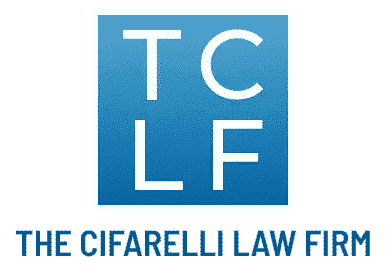Media attention given to sexual harassment allegations by women in the entertainment industry cast a spotlight on a problem that has been around for quite a long time. The “Me too” phrase that has become a viral sensation throughout social media was actually created in 2006 by a victim of sexual assault.
The woman who coined the phrase did so after a young girl came to her for help, but her own inability to admit to the girl that she too was a victim caused her to turn the girl away. While people might believe that much has been done toward addressing workplace sexual misconduct, there is still a great deal that legislators can do to address issues victims continue to face. An example of this is legislation pending approval by the governor of California.
S.B. 1300 Clarifies the Definition of Sexual Harassment in California
Title VII of the Civil Rights Act of 1964 prohibits sexual harassment in the workplace. Entities with 15 or more employees to which the federal statute applies include:
• Private-sector employers
• Government bodies
• Labor unions and union apprenticeship programs
• Employment agencies
The law prohibits discrimination in employment based upon an employee’s or job applicant’s sexual orientation. Enforcement of Title VII is left with the U.S. Equal Employment Opportunity Commission.
Sexual harassment, as defined in the federal regulations pertaining to Title VII, includes unwelcome requests for sexual favors, sexual advances, and sexually oriented physical or verbal conduct when employment is explicitly or implicitly conditioned on them. It is also a violation of the law for rejection of the unwelcome conduct to be used to hire, fire or demote an individual or it creates a hostile, offensive or intimidating work environment.
A bill passed by the California legislature would remove the current requirement under state law that victims of sexual harassment must prove the offending conduct to be severe and pervasive. S.B 1200 would expand the definition of severe and pervasive to include a single act that has the effect of undermining a victim’s sense of personal wellbeing. According to one report, the amendment would effectively eliminate the difficulty victims currently have proving a single act of sexual misconduct to be a violation of the California Fair Employment and Housing Act.
The amendment also addresses the problem faced by some sexual harassment victims who are forced to remain silent about their victimization. Under the amendment, employers could not force victims to sign non-disclosure agreements pertaining to sexual harassment in the workplace.
Extending the Statute of Limitations
Assembly bill 1870 extends the current statute of limitations for a victim of sexual harassment to file a complaint with the state Department of Fair Employment and Housing. The current one-year statute of limitations would expand to three years.
Expanding the Application of Current Sexual Harassment Laws
Someone subjected to conduct constituting sexual harassment by an attorney, social worker, real estate agent or another professional cannot prevail in a sexual harassment lawsuit without proving an inability to easily terminate the relationship. Senate Bill 224 eliminates the requirement of proof of an inability to terminate the relationship when there is a professional relationship between the victim and the accused.
Get Help from an Experienced Sexual Harassment Attorney
State and federal laws pertaining to sexual harassment at work are complex and constantly changing. Knowing your rights and how to enforce them can be a challenge, but the dedicated attorneys at The Cifarelli Law Firm, have spent more than 25 years in the aggressive pursuit of justice and adequate compensation for the victims of workplace sexual harassment. If you are a victim, contact us now by calling (949) 502-8600 or use the form on our website to schedule a free and confidential consultation with an attorney.

